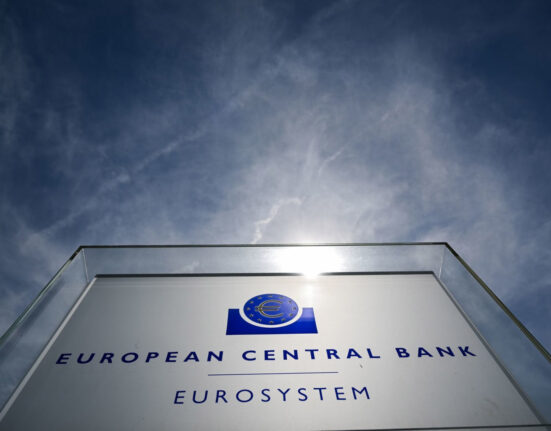In the realm of global development, migration plays a pivotal role that goes beyond mere humanitarian responses. According to Amy Pope, Director General of the International Organization for Migration (IOM), viewing migration as an integral part of development policy is essential. In a recent interview at the Fourth International Conference on Financing for Development in Sevilla, Spain, Ms. Pope highlighted the significant impact of migration on economic growth and sustainability.
“Migration can be a driver of growth through remittances and return migration,”
stated Ms. Pope during the discussion. She emphasized the need for governments to shift their perspective towards leveraging migration as a tool for development rather than solely addressing it as an emergency situation.
As the world witnesses increasing movement of people due to various challenges related to development, such as climate change impacts, poverty, and limited opportunities, understanding the connection between migration and sustainable development becomes paramount. The International Organization for Migration aims to encourage governments to adopt policies that support safe and legal migration while harnessing its potential benefits.
One key aspect highlighted by Ms. Pope is the crucial role of remittances in driving development in low- and middle-income countries. With over $700 billion flowing annually through remittance channels, ensuring more efficient transmission by reducing transaction fees can significantly impact families’ livelihoods in these regions.
Moreover, return migration emerges as another vital component that contributes to community development. When migrants return home after gaining valuable skills and experiences abroad, they bring back knowledge that can spur growth in various sectors such as healthcare, education, construction, and manufacturing.
In light of examples like Syria where skilled individuals departed during conflict periods, facilitating their return becomes essential for rebuilding efforts post-crisis. By aligning development goals with strategies to integrate returning migrants into local economies effectively, countries can enhance their recovery processes while benefiting from diverse expertise.
Addressing concerns about the costs associated with supporting migrants within host countries, Ms. Pope stressed that enabling safe and legal pathways for migration ultimately leads to positive outcomes for both migrants and national workers. By creating conducive policies that regulate migration flows and prevent irregular movements characterized by exploitation and underpayment, governments can foster inclusive environments that drive economic progress.
At conferences like FFD4 in Sevilla or other international platforms focusing on financing sustainable development goals…
Ms. Pope advocates for mainstreaming discussions around migration within broader developmental discourse rather than isolating it as an isolated issue requiring urgent humanitarian response only…
“One step towards this integration is lowering remittance fees,”
noted Ms. Pope…
Diaspora bonds present another innovative avenue through which migrant communities can actively participate in financing developmental initiatives…
With climate change increasingly becoming a driver of displacement worldwide…
Looking at challenging scenarios like those faced by migrants attempting entry into the United States…
Investing proactively in addressing root causes driving out-migration could potentially yield greater returns compared to reactive measures focused solely on border control…
“Investing in communities prone to out-migration offers better long-term solutions,”
emphasized Ms. Pope…
By prioritizing developmental interventions at origin countries or initial destinations along migratory routes…








Leave feedback about this